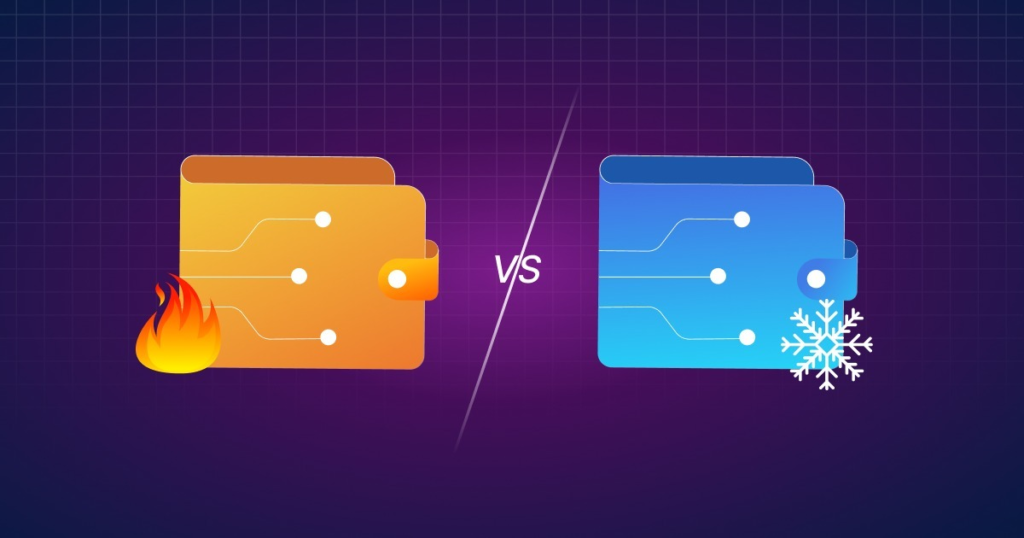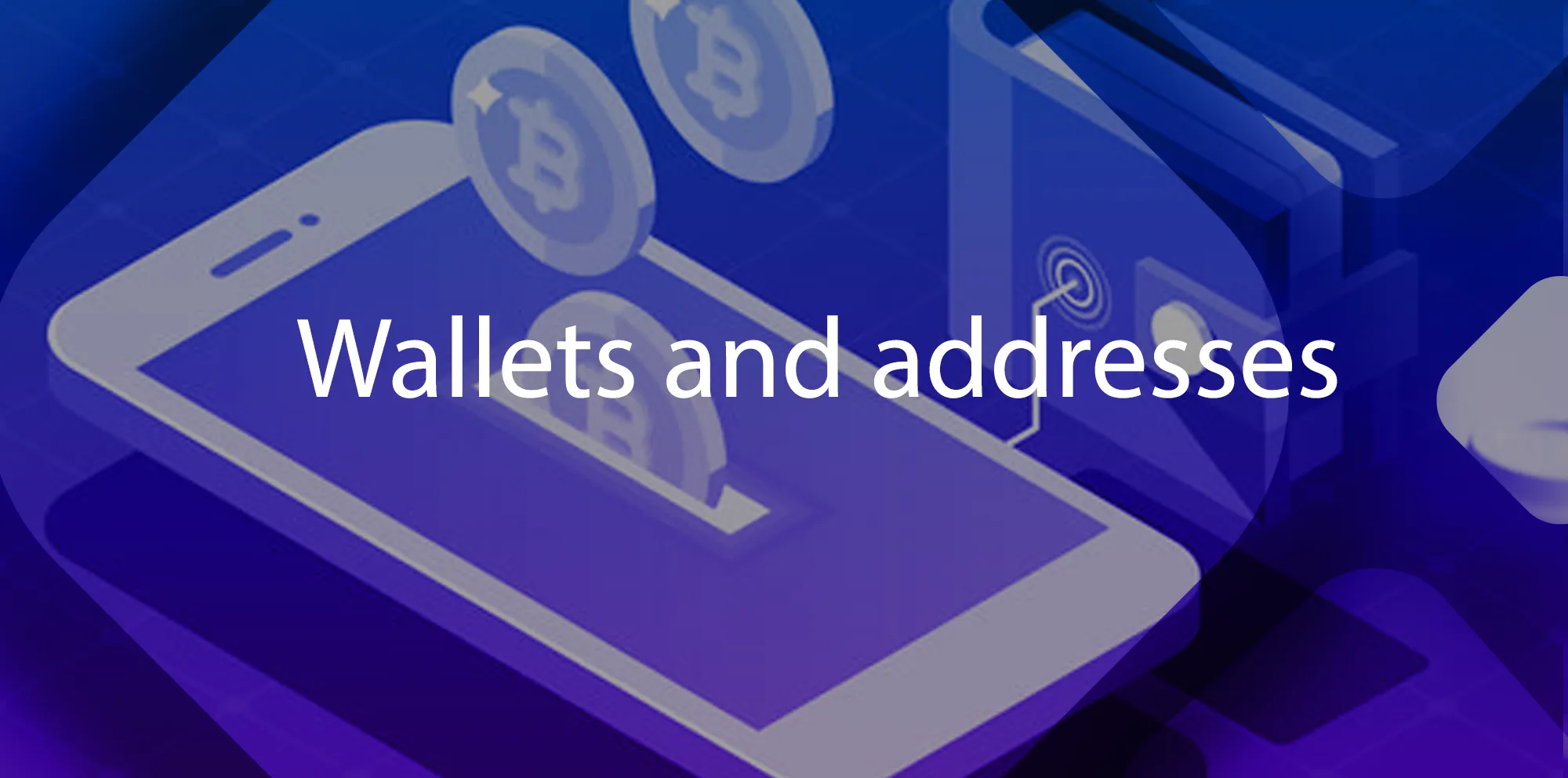What is an addressAddress A unique string of characters that identifies an entity or account on a blockchain network, allowing the sending and receiving of cryptocurrencies. ?
An address is a unique identifier used to send and receive funds on a blockchainBlockchain A public and immutable ledger of cryptographic transactions, organized in blocks. network. Think of it like an IBAN in traditional banking, or a postal address for receiving a package. It serves as a reference point for transactions to be correctly routed from a sender to a recipient.
An address appears as a long string of characters randomly determined when creating the walletWallet A tool used to store, send, and receive cryptocurrencies..
For example, a Bitcoin address might look like this:
1A1zP1eP5QGefi2DMPTfTL5SLmv7DivfNa
Each address is created from cryptographic keys, which play a major role in the securitySecurity The measures and technologies used to protect blockchain networks and assets from theft, fraud, and attacks. and privacy of your transactions. These addresses are public, meaning they can be shared to receive payments. However, they reveal no personal information about their owner unless they disclose their identity.

To understand addresses properly, it’s useful to distinguish them from public keys. When a wallet generates a key pair, it produces a public key and a private key. The public key, as its name suggests, is meant to be shared. Addresses are generally derivatives of these public keys. They are shorter and designed to be easy to handle and use.
However, unlike a public key, an address is primarily created for human interactions: it can be copied or scanned via a QR code, making it easier to send or receive crypto.
What is a wallet?
A wallet is an essential tool for any crypto user. This is where your cryptographic keys are stored. Contrary to what one might think, the cryptocurrencies themselves aren’t actually “stored” in the wallet. In fact, they exist exclusively on the blockchain. The wallet’s role is to give users access to their funds and help them sign transactions using their private keys.
Think of it as a virtual safe that not only allows you to store your keys but also interact with the blockchain to send, receive, or control your digital assets. Wallets exist in different forms, adapted to various needs.
Different categories of wallets
There are several types of wallets, each offering a different degree of security and convenience. Your choice depends on your goals and crypto experience.
Online wallets (or hot wallets)
Online wallets are wallets connected to the Internet. They can be accessed via a web browser, mobile app, or desktop software. They’re convenient for active users who want quick access to their funds, for example, to make frequent transactions.
However, their main drawback lies in their exposure to hacking risks, as any data accessible online is more vulnerable to attacks. Exchange platforms like Binance or Coinbase often offer integrated wallets to facilitate transactions on their platforms. But this means your private keys are in their hands, which can present a risk if their security is compromised (not your keys, not your coins).

Offline wallets (or cold wallets)
Offline wallets, such as hardware wallets or paper wallets, operate without an Internet connection. These are the most secure options for storing your crypto long-term.
A hardware walletHardware Wallet A physical device used to store cryptocurrencies offline., for example, is a physical device – often the size of a USB stick – that contains your private keys. Popular brands like LedgerLedger A record of all transactions on a blockchain, often managed in a decentralized manner. or Trezor are known for their reliability. Paper wallets, on the other hand, simply consist of printing your private keys on paper and storing them in a secure location, like a safe.
Software wallets
Software wallets are applications installed on your computer or smartphone. They offer a good alternative between security and convenience, provided you protect your device well from threats like viruses or malware.
Multi-signature wallets
For increased security, some wallets implement a feature called “multi-signature” (or multisig). This means multiple keys are needed to authorize a transaction. It’s like needing two or three different keys to open a safe. This type of wallet is often used by businesses or for shared funds.
The private key: the heart of the system
While wallets are essential, the private key is the cornerstone. It’s a sequence of secret characters that provides exclusive access to the funds associated with an address. Losing your private key is like losing the key to your safe: no one will be able to help you recover your crypto.

For this reason, it’s crucial to always back up your private keys in a secure location. If you use offline wallets, like a hardware wallet, also keep a copy of your key in a separate location.
How to choose the right wallet to start?
If you’re new to the crypto world, it’s important to ask yourself the right questions:
Will you be making frequent transactions or simply holding your funds long-term?
Are you comfortable with sophisticated technological solutions, or do you prefer a simplified approach?
An online wallet might be ideal for starting out and making simple transactions, but if you start accumulating significant funds, opt for a hardware wallet to protect them from cyberattacks.
Addresses and wallets are two essential concepts for anyone interested in crypto. Although they may seem technical at first, understanding how they work will put you on the path to a secure and enriching experience in this expanding field.
Summary
Remember this: an address is your point of contact on the blockchain, while a wallet is your tool for managing and securing your digital assets. By taking the time to choose your solutions carefully and protect your private keys, you’ll be able to explore this new ecosystem with peace of mind. Whether you’re here to invest, trade, or simply learn, these concepts will be your first allies in navigating the crypto universe.











